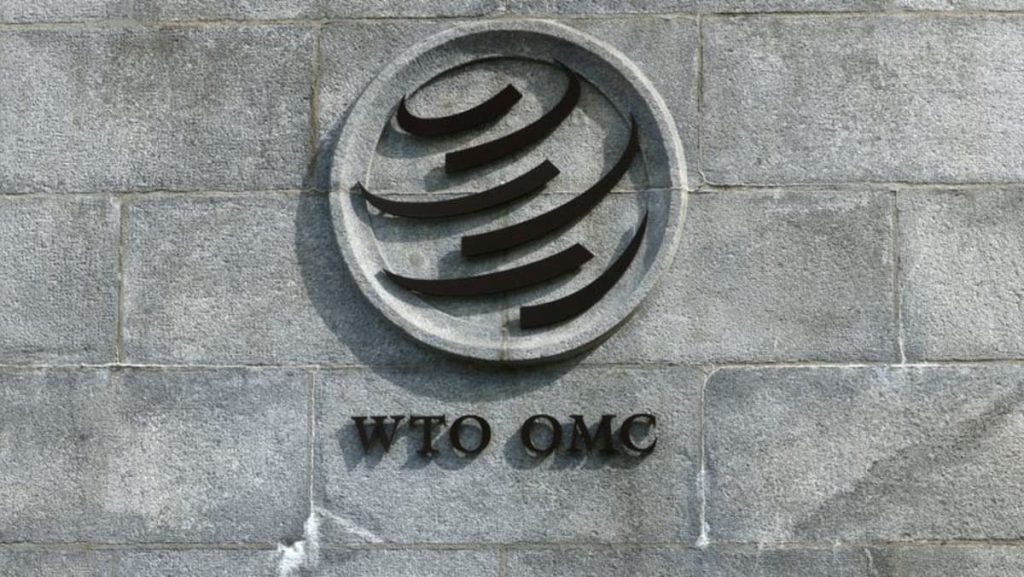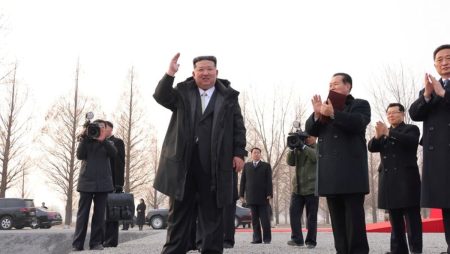Introduction: Understanding the Dispute
The recent decision by the United States to impose tariffs on goods from Hong Kong has sparked a significant trade dispute, with Hong Kong announcing its intention to file a complaint with the World Trade Organization (WTO). This move reflects Hong Kong’s stance on maintaining its status as a separate customs territory, distinct from mainland China. Eric Chan, the Chief Secretary of Hong Kong, emphasized that the U.S. tariffs disregard this status, violating WTO rules. This issue is not just about trade; it touches on the sovereignty and economic independence that Hong Kong has cherished since its handover in 1997.
Historical Context: Hong Kong’s Trade Identity
Hong Kong’s position as a separate customs territory is rooted in its historical development as a British colony, which transitioned into a Special Administrative Region of China with the "one country, two systems" principle. This status allows Hong Kong to maintain its own economic and trade policies, distinct from mainland China. Over the years, Hong Kong has built a reputation as a global financial hub, attracting businesses and investors due to its free-market economy and favorable trade conditions. This separate customs status is crucial for Hong Kong’s economic identity and its ability to engage independently in international trade.
The U.S. Tariffs: A Shift in Policy
The U.S. decision to impose 10% tariffs on Hong Kong goods is part of a broader strategy targeting Chinese imports, initiated by President Donald Trump. While the tariffs are aimed at China, their impact on Hong Kong raises concerns about the city’s autonomy. By treating Hong Kong as part of China for trade purposes, the U.S. is seen as undermining the "one country, two systems" framework. This policy shift not only affects Hong Kong’s economy but also sets a precedent that could influence other nations’ approaches to Hong Kong in trade dealings.
Hong Kong’s Response: Standing Ground
In response to the U.S. tariffs, Hong Kong’s government has taken a firm stance, with Chief Secretary Eric Chan announcing plans to file a formal complaint with the WTO. This complaint will argue that the tariffs violate WTO rules by failing to recognize Hong Kong’s distinct customs status. The move demonstrates Hong Kong’s commitment to protecting its economic autonomy and upholding international trade regulations. It also signals the importance of maintaining Hong Kong’s unique position in the global trade landscape.
Implications and Potential Outcomes
The outcome of Hong Kong’s WTO complaint could have far-reaching implications. If successful, it would reaffirm Hong Kong’s status as a separate customs territory, potentially deterring other countries from similar actions. Conversely, an unfavorable outcome might erode Hong Kong’s autonomy and set a worrying precedent for its treatment in international trade. Additionally, the dispute underscores the complexities of trade diplomacy in a globalized economy, where national interests often collide with international norms.
Conclusion: A Global Trade Crossroads
The U.S. tariffs on Hong Kong represent a critical juncture in international trade relations, highlighting challenges in maintaining economic autonomy within a globalized system. Hong Kong’s decision to engage the WTO is not just a legal maneuver but a strategic move to preserve its identity and economic independence. The resolution of this dispute will influence not only Hong Kong’s future but also the broader dynamics of global trade, emphasizing the need for clarity and respect for established international norms. As the situation unfolds, the world watches to see how this crossroads will be navigated, setting a potential precedent for similar trade disputes in the future.












